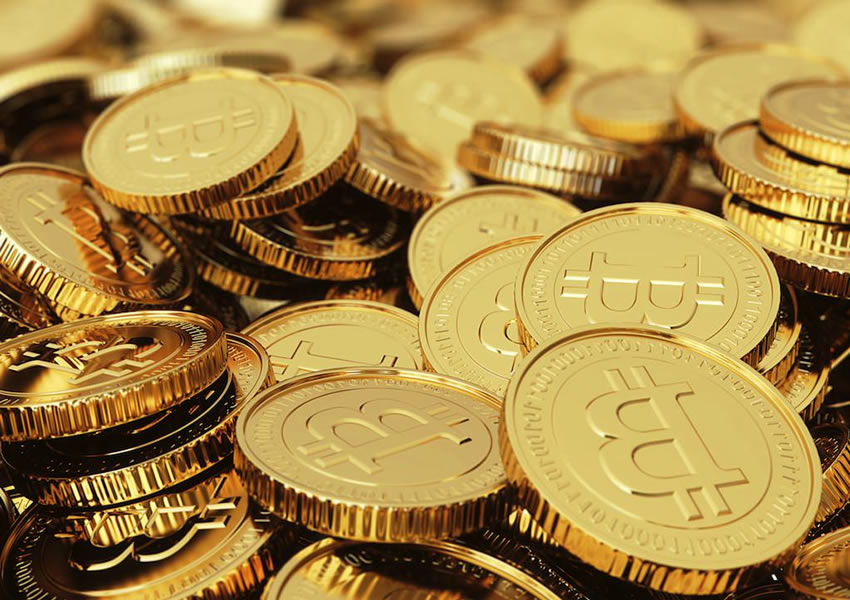In these times of global warming and climate change, many of us are trying to do our bit to help our planet. And many people start trying to make a difference from home. Making our homes more sustainable has been made simple by innovative products for heating, more efficient approaches to water usage, energy-saving appliances and smart technology. But what about outside? Your garden can be sustainable as well, and it is cheap and easy to make it so. Making small changes in your gardening habits and materials you use yields big results. And the boost to your physical wellbeing and mental health that comes from sustainable gardening and fresh veg on the table cannot be overstated. Here are some tips to help you go sustainable.
Compost
If you’re a keen gardener, the chances are you already have a compost heap. But if not, start one! Compost is the best natural fertiliser for your plants and vegetables, and better still – it’s free! Food scraps from the table can go on the pile, as can grass cuttings and leaves. If you have fallen leaves you can also mulch them. Not adding waste to landfill and instead turning it into nutrient-rich food for your garden is a great way to start being more sustainable. Another good idea is to use a bin to collect compost in – this way you can protect it from the elements off-season, and have it ready and waiting for when you sow new crops. It is recommended to get (or make) a bin from natural materials, rather than buying a plastic one. Wood, ceramic and stone, all are usable. And it is worth doing a bit of compost research, to see what sort is best for your specific needs.
Ditch the Chemicals
This goes alongside composting – why use chemical fertiliser when you have a natural and sustainable alternative. Chemical pesticides and weed killers are harmful to friendly insects and to the environment, and natural solutions are available – many of which you can make yourself. Neem leaf, salt spray, garlic and onion spray and eucalyptus oil are just some of the options available. Chemicals for your garden also come in heavy plastic containers, another negative. Eradicating them from your garden is beneficial on many levels.
Grow Your Own
Growing fruit and vegetables in your garden is inherently sustainable. Peelings and food scraps go back into circulation as compost to grow more. It’s great if you have a large garden with plenty of sunlight, but it is possible to create a hassle-free vegetable garden with limited space. There are many benefits of growing your own, not only will you have delicious, seasonal fruit and veg, you’ll also cut down on the plastic packaging so prevalent in supermarkets, and the greenery around your plot will provide pollen for bees and butterflies. Healthy eating and exercise also give your physical and mental health a big boost. And if you need one more reason – it is much cheaper in the long run!
Save Water
Your garden needs water. But many of us are guilty of severe overwatering, especially in hotter months. There are effective times of the day to sprinkle – early in the morning before it is too hot, or in the evening when it cools down, otherwise the sun will evaporate much of the water. Invest in a rain barrel, a cheap and easy way to get free water for your plants, crops and lawn. Irrigation hoses and sprinklers are available, as is underground irrigation – these solutions water more effectively, and can be more tightly controlled.
Plant a Tree
If you have space, a tree is an excellent addition to your sustainable garden. They act as a carbon sink, purifying the air around them. They also attract wildlife to your garden, offering a home to birds and friendly bugs. Scientists say that planting trees is the cheapest and easiest step towards halting climate change. You should read up on how best to plant and care for your tree(s) – your garden centre should be able to advise you, or there are plenty of online resources to consult. Some trees require more maintenance than others, so choose the tree that is right for you.
Eco-friendly Materials
Do you have many plants in plastic pots? Think about reducing your plastic usage by adopting natural or upcycled materials in your garden. Use egg boxes or coconut husks as planters. If you are buying furniture or accessories for your garden, natural materials like wood and clay lessen your carbon footprint and look better. Upcycling is a great way to reduce waste and give your garden a unique character, whether you use a discarded item for a practical purpose, or simply as a quirky decoration.
Sustainable gardening is beginning to trend, and not a moment too soon. Without much hassle or many drastic changes, we can all do our bit for the planet.





